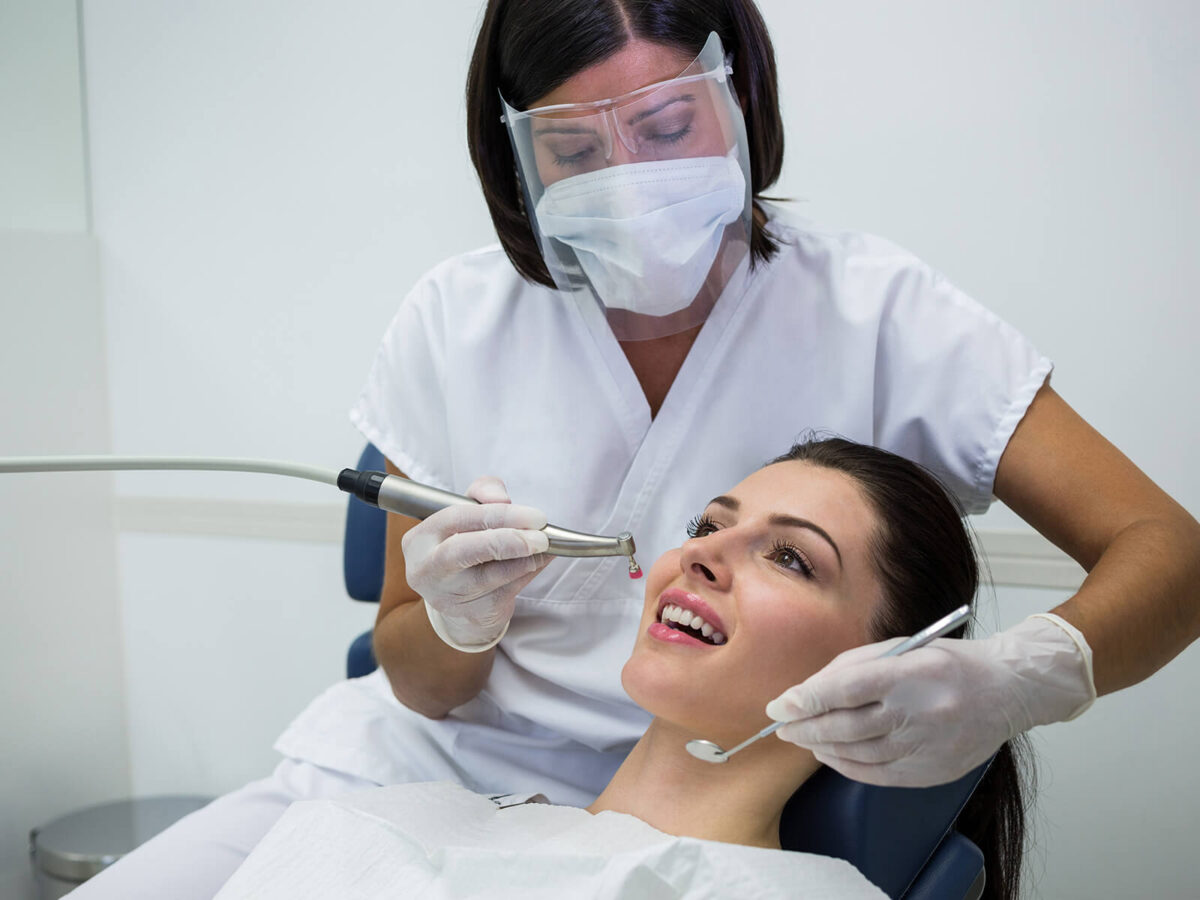Blog
Dental hygiene tips for healthy teeth & gums

What Should Be Taken Care of After Oral Surgery?
When you need to have your wisdom teeth removed or other types of surgery to fix problems in your mouth or face, it is important to ensure you are fully prepared. As part of this process, you will go over how to do aftercare and pain management to help you get better faster.
What Happens After Surgery
Your gums, tongue, and cheeks will still feel numb after your dental surgery. After the sedation goes off, you may feel soreness in your face and jaw. You may also see that the area where the teeth were pulled out is still bleeding. These are some other common signs you might have:
- Swelling and light bruises
- Earache and headache
- Dry and cracked lips
- Pain in the jaw
- Throat hurts
Tips for Pain Management After Oral Surgery
After having mouth surgery, your body needs time to heal. You should not go to work or school that day. Rest, drink a lot of water, and don’t stress out. Here are a few pain management tips for better healing –
#1 Take care of your pain
Take painkillers as needed. Your surgeon might have prescribed medication. Acetaminophen1, ibuprofen, and naproxen can help with pain, but you should check with your doctor first if you don’t have a prescription and don’t take these without consulting your doctor.
#2 Stop the bleeding
Place bandages over the area where the tooth was pulled to stop the bleeding. Bite down slowly to put pressure on the blood to help it clot. An expert can handle all post-operative care needs, from regular cleanings to oral surgery.
#3 Avoid carbonated drinks
For at least three days after surgery, don’t drink any carbonated drinks or booze. Carbonation can make the wound worse. You might accidentally rip open the wound because of how booze makes you feel.
#4 Use ice packs
An ice pack can help with swelling. Place one on the outside of your swollen teeth and mouth. Use it every three hours for the rest of the day after your surgery. You should remove the ice pack at least 15 minutes after each use.
#5 Proper oral hygiene
You should continue brushing and cleaning your teeth, but you should avoid the area where you had surgery on your mouth. Every 12 hours, gently rinse your mouth with one cup of warm water and half a teaspoon of salt.
#6 Talk to your dentist
If you have any problems, please let your dentist know. For example, you should call your dentist if the blood doesn’t stop or if you have had a fever for more than 24 hours. Remember all of your follow-up appointments.
#7 Avoid hard-on-teeth activities
Only do a little for a few days. After surgery, you should avoid doing anything too hard for at least three days. Even avoid eating any hard items like nuts and candies. Also, avoid sticky food to prevent any pain.
#8 Raise your head
Use extra pillows to keep your head up when you sleep. Don’t lie flat for a few days to help your body heal faster. The pressure on your head while sleeping can make your wound open again, leading to a long-term illness.
Conclusion
Sometimes, an accident, illness, infection, or decay can damage a tooth so much that it must be removed. Also, adult teeth may be too close together; losing teeth is essential to getting them straight.
Experienced dentists know how to safely pull teeth and give you the care you need to regain your health, function, and beautiful smile. It’s essential to follow all pain management tips for tooth extraction so that you don’t have problems that could slow your recovery.


